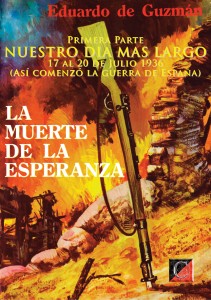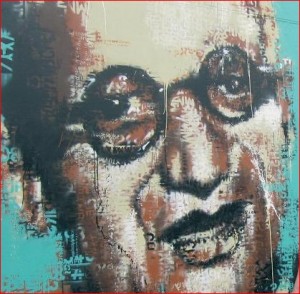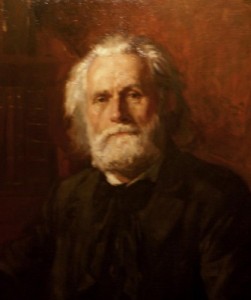
“You can really have no notion how delightful it will be When they take us up and throw us, with the lobsters, out to sea!”
CHAPTER II: DEMOCRACY AND THE IRON LAW OF OLIGARCHY
Reduced to its most concise expression, the fundamental sociological law of political parties (the term “political” being here used in its most comprehensive significance) may be formulated in the following terms: “It is organisation which gives birth to the dominion of the elected over the electors, of the mandataries over the mandators, of the delegates over the delegators. Who says organisation, says oligarchy.”
Whilst the majority of the socialist schools believe that in a future more or less remote it will be possible to attain to a genuinely democratic order, and whilst the greater number of those who adhere to aristocratic political views consider that democracy, however dangerous to society, is at least realizable, we find in the scientific world a conservative tendency voiced by those who deny resolutely and once for all that there is any such possibility. As was shown in an earlier chapter, 1 this tendency is particularly strong in Italy, where it is led by a man of weight, Gaetano Mosca, who declares that no highly developed social order is possible without a “political class,” that is to say, a politically dominant class, the class of a minority. Those who do not believe in the god of democracy are never weary of affirming that this god is the creation of a childlike mythopoeic faculty, and they contend that all phrases representing the idea of the rule of the masses, such terms as state, civic rights, popular representation, nation, are descriptive merely of a legal principle, and do not correspond to any actually existing facts. They contend that the eternal struggles between aristocracy and democracy of which we read in history have never been anything more than struggles between an old minority, defending its actual predominance, and a new and ambitious minority, intent upon the conquest of power, desiring either to fuse with the former or to dethrone and replace it. On this theory, these class struggles consist merely of struggles between successively dominant minorities. The social classes which under our eyes engage in gigantic battles upon the scene of history, battles whose ultimate causes are to be found in economic antagonism, may thus be compared to two groups of dancers executing a chassé croisé in a quadrille.
Continue reading »
 LA MUERTE DE LA ESPERANZA. Primera parte: NUESTRO DIA MAS LARGO (Así comenzó la guerra de España) por Eduardo de Guzmán. (Check out all Kindle editions of ChristieBooks titles) NOW AVAILABLE ON KINDLE — £2.42 READ INSIDE!
LA MUERTE DE LA ESPERANZA. Primera parte: NUESTRO DIA MAS LARGO (Así comenzó la guerra de España) por Eduardo de Guzmán. (Check out all Kindle editions of ChristieBooks titles) NOW AVAILABLE ON KINDLE — £2.42 READ INSIDE!











